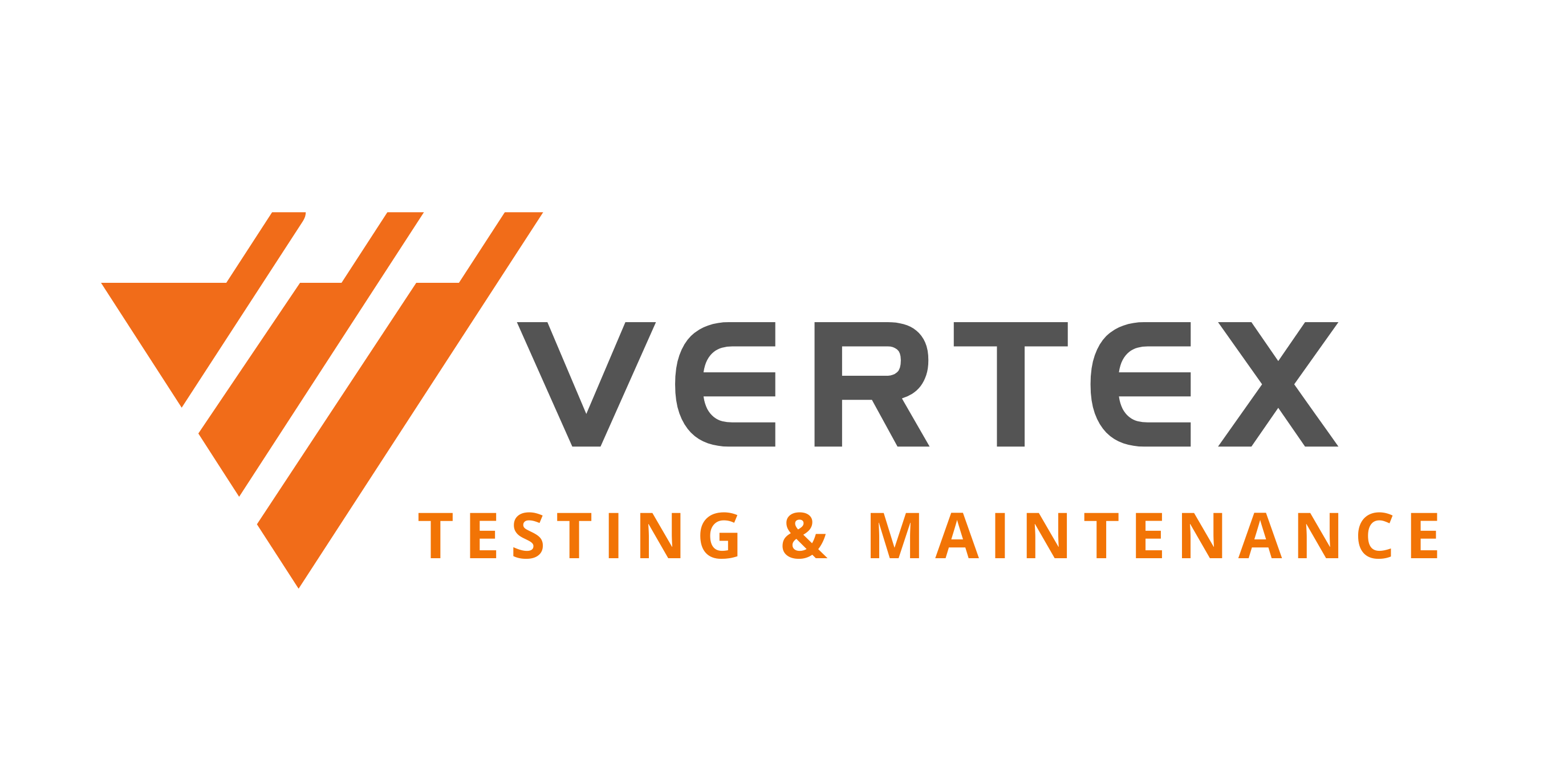Fire Safety Requirements for Property Managers
- James Hunter
- Mar 14, 2024
- 2 min read
Introduction
As a property manager in the United Kingdom, ensuring the safety of your residents and adherence to fire safety regulations is a paramount responsibility. The tragic events of Grenfell Tower in 2017 have brought about a heightened awareness and stricter enforcement of these regulations. This blog post aims to provide an overview of the key aspects of fire safety compliance for property managers.
Understanding the Regulatory Framework
1. The Regulatory Reform (Fire Safety) Order 2005: This is the cornerstone of fire safety legislation in England and Wales. It applies to all non-domestic premises, including communal areas of residential buildings. Scotland and Northern Ireland have similar laws.
2. Responsibility of the 'Responsible Person': As a property manager, you are often the 'responsible person' for fire safety. You are required to carry out a detailed fire risk assessment and implement appropriate fire safety measures.
3. Fire Risk Assessments: Regular fire risk assessments are mandatory. They should identify potential fire hazards, evaluate the risk to residents, and outline measures to mitigate these risks.
Key Safety Measures
1. Fire Detection and Alarm Systems: Ensure installation and regular maintenance of appropriate fire detection systems. This includes smoke alarms in all units and common areas.
2. Emergency Exits and Routes: Clearly marked and unobstructed emergency exits and routes are essential. Regular checks should be conducted to ensure compliance.
3. Firefighting Equipment: Suitable firefighting equipment like extinguishers should be accessible and maintained.
4. Safety Signage and Lighting: Install and maintain proper fire safety signage and emergency lighting.
5. Fire Doors: Regular inspection and maintenance of fire doors to ensure they are functioning correctly is crucial.
Training and Awareness
1. Staff Training: Ensure that all staff, including maintenance personnel, are trained in fire safety procedures and the use of firefighting equipment.
2. Resident Awareness: Regularly inform residents about fire safety measures, evacuation procedures, and their role in maintaining fire safety.
Legal Compliance and Documentation
1. Documentation: Keep detailed records of all fire safety assessments and maintenance activities. This documentation is crucial for demonstrating compliance during inspections.
2. Staying Informed: Fire safety regulations can change. Stay informed about any legislative updates or changes to best practices in fire safety.
Conclusion
Adhering to fire safety regulations is not just a legal requirement for property managers in the UK; it's a moral obligation to ensure the safety and wellbeing of residents. Regular risk assessments, appropriate safety measures, thorough documentation, and ongoing education are key to maintaining a safe living environment. Remember, effective fire safety management saves lives.
This overview provides a general understanding, but always consult with fire safety professionals for specific guidance related to your properties.





Comments